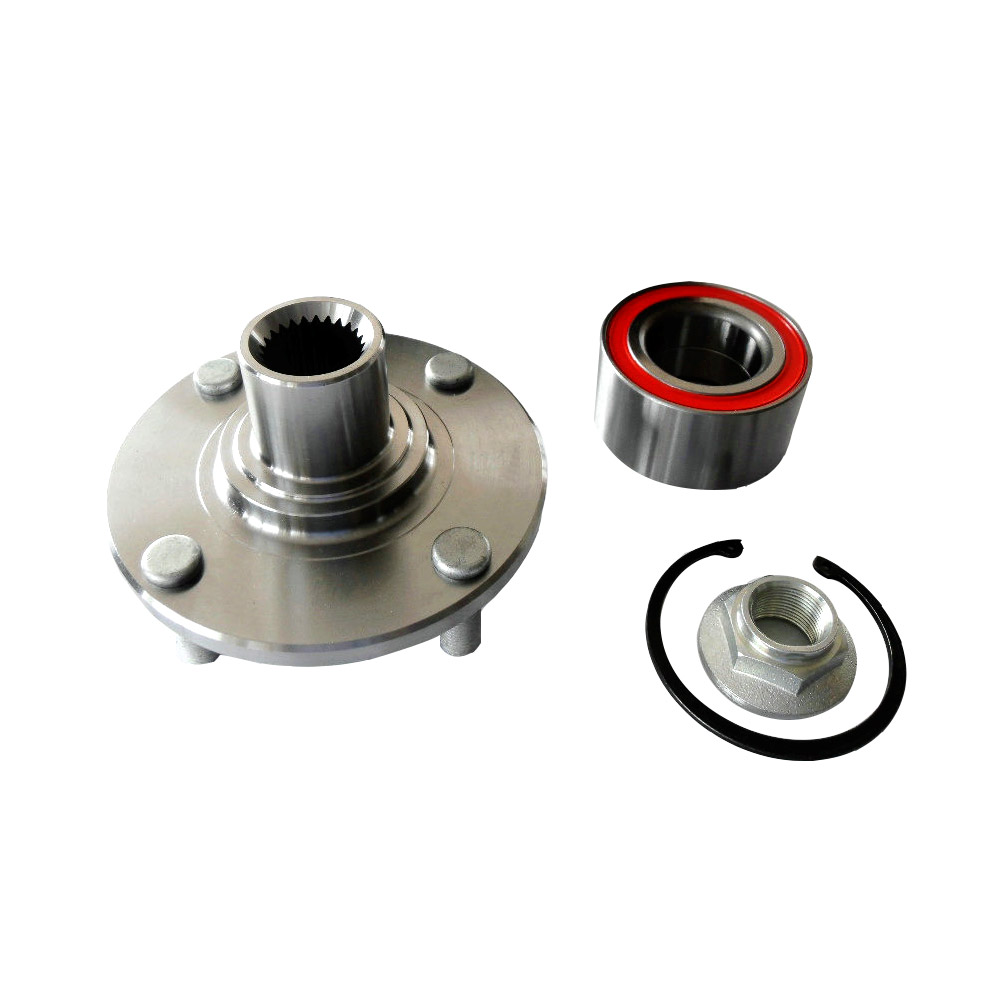Wheel hub units are integral components in the automotive industry, playing a crucial role in the performance and safety of vehicles. These assemblies are responsible for connecting the wheel to the vehicle, allowing for smooth rotation and contributing to overall stability.
The hub assembly is the central part of the wheel hub unit. It is usually made from high-strength steel or aluminum, providing the necessary support for the wheel and resisting various forces during driving. The hub also features bolt holes for attaching the wheel securely.
Wheel hub units are equipped with either ball bearings or tapered roller bearings, which reduce friction and allow for smooth wheel rotation. These bearings are designed to withstand heavy loads and harsh conditions, ensuring long-lasting performance.
In modern vehicles, many wheel hub units come with an integrated ABS sensor. This sensor monitors the rotational speed of the wheel, sending information to the vehicle’s electronic control unit (ECU) to help prevent wheel lock-up during braking.
The primary function of a wheel hub unit is to support the vehicle’s weight and facilitate the rotation of the wheels. As the wheels turn, the bearings within the hub reduce friction, allowing for smooth movement. Additionally, the wheel hub unit must endure various forces, including lateral loads during cornering and vertical loads from bumps in the road.
Wheel hub units provide critical support to the vehicle, ensuring that the wheels remain firmly attached. They also help maintain the vehicle’s alignment and stability, contributing to overall safety during driving.
The bearings in wheel hub units are designed to minimize noise generated during wheel rotation. This is particularly important for enhancing driving comfort and reducing distractions for the driver.
The integration of ABS sensors in wheel hub units enhances safety by allowing for better control during braking. This technology helps prevent skidding and improves overall vehicle stability, especially in slippery conditions.
Modern wheel hub units are engineered to withstand harsh driving conditions, including extreme temperatures, moisture, and road debris. This durability translates to a longer lifespan and reduced maintenance costs.

The use of high-quality bearings and precision manufacturing ensures that wheel hub units provide smooth and efficient performance. This not only enhances the driving experience but also improves fuel efficiency by reducing rolling resistance.
Many wheel hub units are designed for straightforward installation, reducing the time and labor required for replacement. This convenience is particularly beneficial for mechanics and DIY enthusiasts.
Wheel hub units are used in a wide range of vehicles, from passenger cars to heavy-duty trucks. Their applications include:
In passenger cars, wheel hub units are essential for providing support, stability, and safety. They are commonly found in front and rear wheels, ensuring a smooth ride.
Due to their larger size and heavier weight, SUVs and crossovers require robust wheel hub units. These units are designed to handle greater loads while maintaining performance and safety.
Heavy-duty trucks and commercial vehicles rely on high-performance wheel hub units to support their weight and endure rigorous driving conditions. These units are engineered for durability and reliability, ensuring safe operation in demanding environments.
In sports cars and performance vehicles, high-quality wheel hub units contribute to enhanced handling and responsiveness. These units are often designed for optimal performance, ensuring that the vehicle can handle high speeds and aggressive driving maneuvers.






